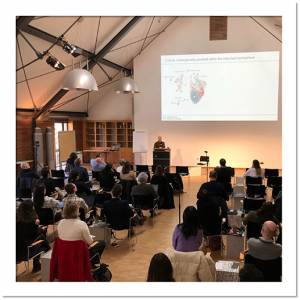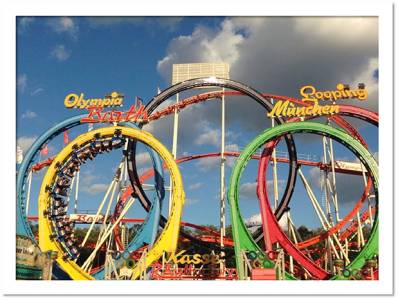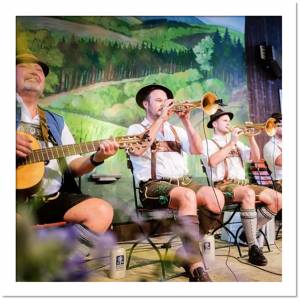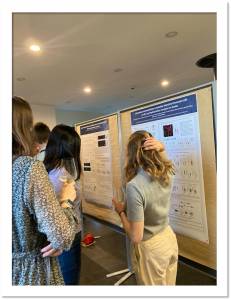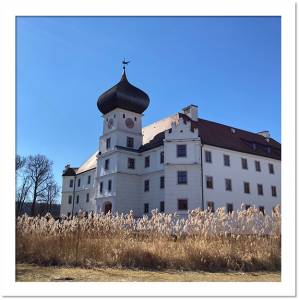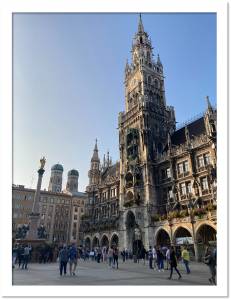About the Workshop
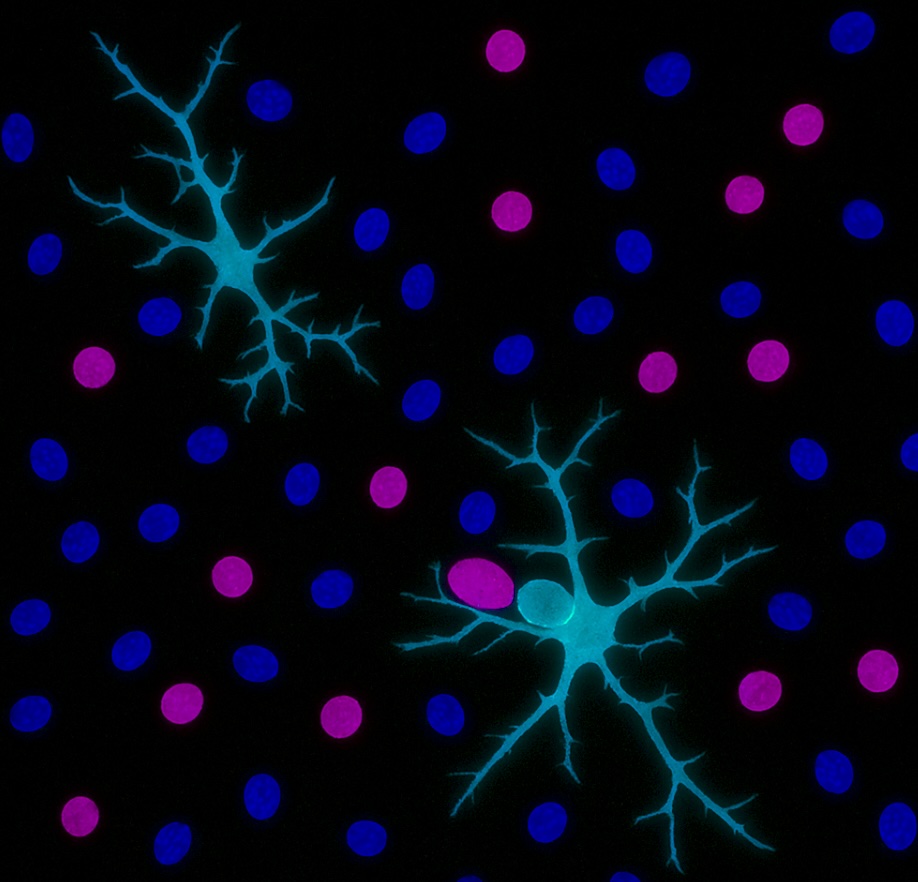
We cordially invite you to join the EMBO Workshop on Advances in Stroke-Immunology which will take place at the Hohenkammer Castle in Munich between April 27th – 30th 2026.
Immune responses are central to the pathophysiology of stroke, influencing both acute injury and long-term recovery. While stroke has traditionally been viewed as a neurological event, it is now clear that it initiates a dynamic and systemic immune response that extends far beyond the brain. Recent advances in neuroimmunology have demonstrated critical roles for microglia, leukocyte trafficking, and immune alterations in peripheral organs such as the gut, heart, and meninges. Cutting-edge technologies—including single-cell RNA sequencing and spatial transcriptomics—are now revealing the complex cellular and functional heterogeneity of these immune responses. These new findings have catalyzed a wave of translational research, with clinical trials underway to modulate the immune system for improved stroke outcomes. Moreover, the immune mechanisms in stroke share parallels with those in aging and other neurodegenerative conditions, highlighting their broader relevance. Yet, fundamental questions remain about how peripheral immune cells, brain-resident glial cells, and neurons interact between each other to shape injury and repair.
The goal of this EMBO Workshop is to bring together leading experts, emerging investigators, and early-career scientists to explore these questions and share the latest breakthroughs in stroke-immunology. By fostering cross-disciplinary discussion and collaboration, we aim to accelerate the development of novel therapeutic strategies that harness the immune system to promote brain repair and improve recovery after stroke.
We look forward to welcoming you all at the conference in this truly exciting time for stroke-immunology!
With warmest regards,
Corinne Benakis, Adam Denes and Arthur Liesz
About EMBO Courses and Workshops
EMBO Courses and Workshops are selected for their excellent scientific quality and timelines, provision of good networking activities for all participants and speaker gender diversity (at least 40% of speakers must be from the underrepresented gender).
Organisers are encouraged to implement measures to make the meeting environmentally more sustainable.





